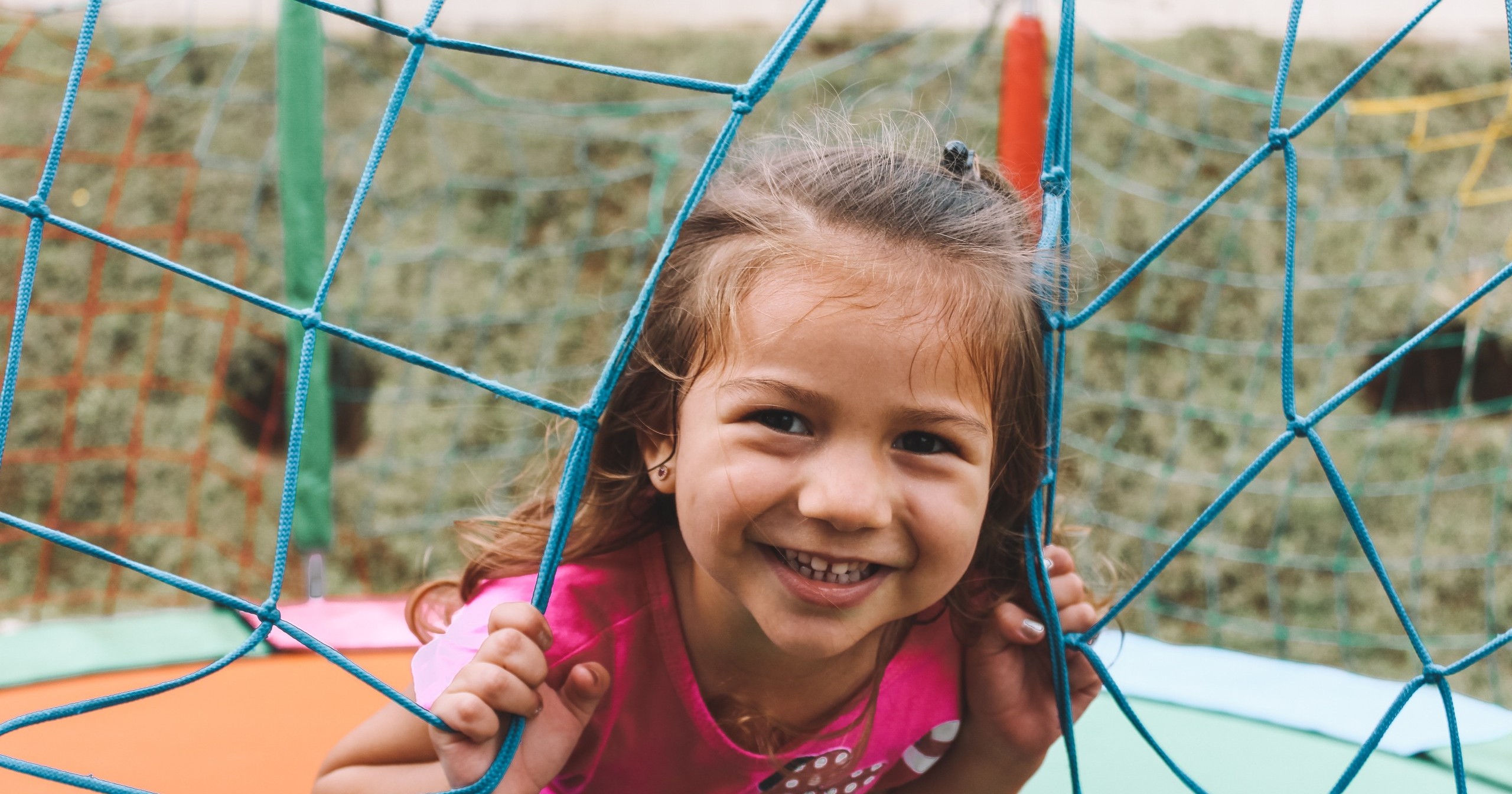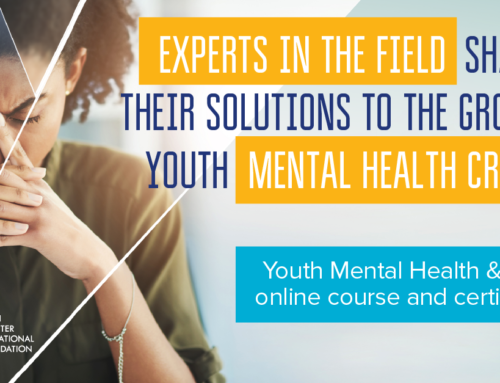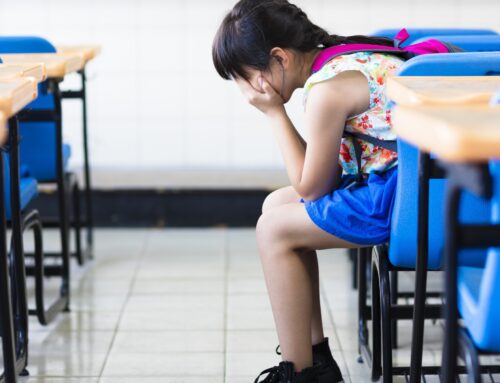
Who hasn’t secretly dreamed of fulfilling their responsibilities while playing? Well, the adult version of play—reading a good book, enjoying a hobby, lounging in the pool, or playing a game? A lucky few go through this life thoroughly enjoying what they do to the point that it’s not work. Still, most of us must shoulder our responsibilities to meet deadlines, complete assignments, and fulfill obligations.
There is one short period in everyone’s life where their job is to play: as a young child. Young children’s entire job description is to explore and creatively engage in their world.
Oddly enough, it seems that the adult world has encroached on the idyllic realm of playtime. Regardless of their tender age, we are pushing children into the stress-charged world of academia earlier and earlier.
One would think that an earlier start would cultivate educational potential, but is this actually the case?
After all, play is merely a frivolous pastime…or is it?
Are well-meaning adults robbing our children of their short period of beneficial play?
To answer these questions, we need to discover the impact that play has on young children and measure that against the benefits of early entry into academics.
A New Trend
The No Child Left Behind Act of 2001 accelerated a previously slower trend of childhood education. Now an entire generation of children has grown up under new standards and modern methods implemented for early child development. Legislation intended to enhance education outcomes for every child changed the face of childhood in America.
This push to introduce children to educational pursuits at earlier ages seems advantageous, but researchers and childhood experts question this approach. One Harvard study established a link between ADHD and early school enrollment. Their findings suggest that the ADHD diagnosis is overused, compensating for age-appropriate behavior in an inappropriate school setting.
Psychology Today published two separate articles offering criticism of starting academic studies before children are ready and warning of the dangers of pre-k programs. The data doesn’t favor children beginning their formal education at earlier ages.
So, what is an acceptable alternative if starting their studies earlier doesn’t give young kids a jump-start at an excellent academic career?
Natural Instincts
Children learn naturally, especially during the early years. Simply put, they learn from play. It’s innate because that is precisely what their development calls for at that moment. They are “going to school” and learning everything they need to know without intentionally doing so.
The Resilient Educator acknowledges that in some ways, people are the same no matter what age they are and that we all learn best under specific circumstances:
“Kathryn Hirsh-Pasek, a well-known child development expert in the Department of Psychology at Temple University and a Senior Fellow at the Brookings Institution, argues that humans learn best when at least one of these four pillars are present:
- Individuals take an active role in the learning environment
- They are engaged
- Information is meaningful
- Learners interact in a social context
This means that children learn well when they are mentally active, engaged, social, and can make meaningful connections to their lives, which are all characteristics of play.”
Benefits of Play
Children love to explore, feel, experience, and experiment. These activities are the essence of what we call play. It’s how they connect to their world, learn social cues and relationship skills, and discover foundational principles of life.
Play can enhance a child’s knowledge and understanding in innumerable ways. Let’s examine some benefits of early childhood play:
- Play stimulates early brain development. Play involves objects and environments rich with productive stimulation.
Parenting for Brain explains, “Neuroscientists discovered that enrichment such as toys, games, and playing can alter a brain’s chemistry and the child’s development. The brain area associated with higher cognitive processing (the cerebral cortex) can benefit from environmental enrichment and children’s play more than other parts of the brain.”
- Play improves a child’s intelligence. Research has proven that play increases various aspects of a child’s intelligence, heightens their IQ, and enhances certain qualities such as a child’s cognitive abilities.
Parenting Science notes, “Free play promotes better learning, memory, and growth of the cerebral cortex. It also enhances the development of language, spatial intelligence, counterfactual reasoning, and mathematical skills.”
- Play sparks creative thinking. The very essence of play is creativity and imagination. Is it any wonder that creative thinking is a byproduct of childhood adventure and fancy?
According to the United Nations International Children’s Emergency Fund, “Watch children playing, and you will usually see that they become deeply involved, often combining physical, mental and verbal engagement …Play and learning are not static. Children play to practice skills, try out possibilities, revise hypotheses and discover new challenges, leading to deeper learning.”
- Play improves language and communication skills.
The Genius of Play examines this point. “By playing with others, children learn the art of communication. They come to recognize facial expressions and body language. They figure out how to strike up and carry on conversations, and how to express their thoughts and desires in a way that won’t cause problems and put a stop to the group game.”
- Play promotes self-regulation. Self-regulation can include everything from self-soothing to emotional self-control.
“Imaginative play provides the opportunity for a child to learn the skills of self-regulation…they are developing organizational and negotiating skills,” Especially for Children states. “They are learning that they do not always get their way since their friends have their own ideas that need to be taken into account. They are learning to control their impulses in order to get along with others and play together successfully.”
- Play teaches life lessons. Play teaches problem-solving and critical thinking.
Smart Parent Advice advises their readers, “Allowing them [children] to have free play time lets them find what they like and show what areas they excel in…Free play offers the benefit of making their own choices on what to do and what to play.”
Children form the foundation for their entire life between birth and eight years old. Playtime is an outstanding tool for developing and growing. A childhood full of play will impact a child’s formal education and beyond.
A Practical Outlook
It’s easy to demonstrate that children learn through play, but what does this look like practically? Does this mean that parents and early teachers should just let the kids loose and hope for the best?
While uninterrupted free play is essential, it doesn’t need to be the only playtime your child gets. Structured (or purposeful) play has benefits as well. Below are a few ideas on both types to get you started!
Free Play
Pathways.org offers parents excellent insights into how independent (or free) play might look and how to facilitate it:
- Kids might become unusually quiet, or they may become quite expressive. Freeplay encourages the children to get lost in their imaginations. Let your child express themselves!
- The imagination encourages kids to make the most out of their toys. Blocks or boxes can become almost anything. Make sure they have access to “open-ended” toys.
- Your child might create an imaginary friend. Don’t be alarmed, this is totally normal and even helpful! Invisible friends help kids become comfortable with social interactions, such as conversations, and help them talk through situations or concepts.
- They might want you to participate. If this is what your child wants, go with it! Slowly withdraw yourself, weaning them off of your company. You were their first playmate—they miss you!
- Just like occasionally “being bored” is a good thing, so is having alone time and their own space. Playing on their own without the distractions of others or household activities is very beneficial for a child. Try to give them their own time and space occasionally.
- Don’t rely on a screen. While there’s nothing wrong with occasionally allowing access to screen time, it’s much more beneficial for your child’s development if they use that time to play with toys, read books, or create some art.
- Engage with them after they are done with their play. They would love to tell you all about their experience and include you in their adventures!
Play with a Purpose
There is no one concept or a specific formula to follow for structured playtime. VeryWell Family has a few suggestions to jumpstart the imagination:
- “Board games
- Puzzles
- Sorting games
- Games that encourage following directions, such as ‘Simon Says.’
- Any type of class you may enroll your child in, such as music.
- Organized sports teams or classes such as soccer or swim.
- Laundry – …Teach them how to identify a matching pair of socks and sort one family member’s clothes from another.
- Toy Clean Up – Give your child a goal when it comes to picking up their toys. For instance…create a ‘stop’ and ‘go’ game out of it where they have to freeze in place when you say ‘stop…’
- Around the House – Make moving from one room to another fun by asking your child to bunny hop or skip to the bathroom to brush their teeth…
- Yard Work – Challenge your preschooler to pick up as many small twigs as they can after a wind storm. Ask them to help you plant flowers or seeds in the garden and explain which vegetables they get to eat when the plant grows…”
Letting Kids Be Kids
Learning through play is a centuries-old strategy. It may seem counterintuitive, but research indicates that children do not benefit from deliberate early learning initiatives. Young children are hardwired to enjoy play, and learning through these natural sequences is second nature.
Kids are only young once, and while there are short-term benefits to early introductions to structured academic pursuits, play is the natural childhood inclination for a reason.





[…] your child cultivate a love of learning starts at a young age and includes every area of life, from school to trivia, from household tips to skills and […]